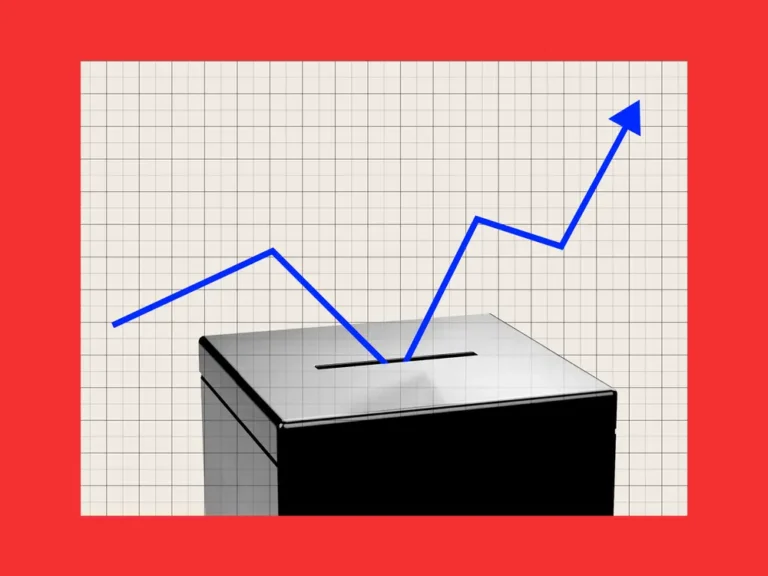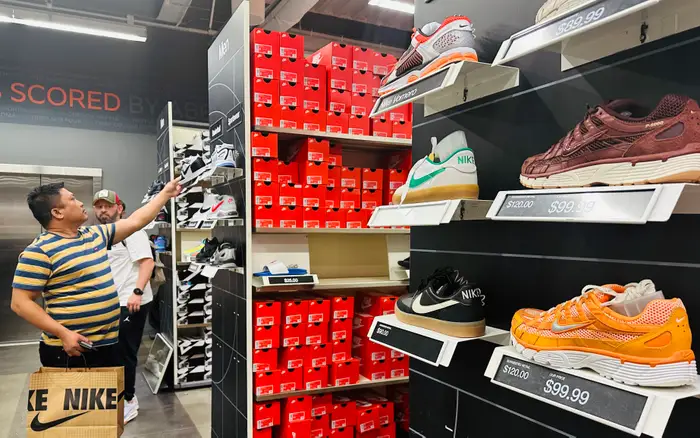Breaking my ‘poverty mentality’ to declutter my home feels ruthless, but it saves me money

The author, Laura McCamy.
Two years ago, as I decluttered the kitchen and living room of the small condo I share with my wife, I realized I still had a poverty mentality and was holding onto things that were broken or didn’t work well, “just in case” I ever needed them — as if I’d never be able to afford a new spatula or bowl.
Living without extra stuff is habit-forming. My kitchen remains functional and uncluttered. But poverty mindset persists upstairs in my cluttered bedroom. I know the only cure is to pare down one category of stuff at a time.
Decluttering saves money because it makes it easier not to buy the next shiny object. I guard my open space jealously and am more selective about what I bring home. There’s no room for stowaways and freeloaders; every item must have a purpose.
Learning to love having less
My sister-in-law, the minimalist, is my decluttering guru. But when she told me I needed to own less clothing, I said no way. I love clothes. I love clothes shopping. Assembling the right outfit to wear in the morning is my happy place.
I had so many clothes hanging in my closet that everything was stuffed so tight it got instantly wrinkled. And yes, my dresser drawers were packed to the gills. So — I gave in and started paring down my wardrobe.
As I shed clothing, I realized my closet was filled with guilt. I felt terrible about the shirt I wore all the time two years ago, which now sits neglected on a hanger. Giving myself permission to pass on clothing that no longer speaks to me, even if I once loved it, frees me to appreciate and enjoy the clothes I want to wear now.
Even more surprising, getting rid of clothes has broken my clothes-shopping addiction. I don’t want the newest dress from a designer I like or the latest collaboration between brands I follow. I’m happy with the manageable amount of clothing I have, and I like how I feel when my closet is lighter.
Also, when I have too much stuff, I buy multiples of the same thing: The new black dress I can’t live without turns out to be very similar to the old black dress squished into the back of my closet. Now, when I think about purchasing new clothing, I ask myself if I already have something like it. Do I really need it? Do I really want it? And the answer is usually no — which is great for my budget.
My home is not a waste receptacle
My anxiety since the election has added new urgency to downsizing: If I had to leave the country, would I take this? For 90% of my possessions, the answer is no.
And yet, the hardest things to get rid of are the useless stuff. I can give clothing to friends or Goodwill, but no one wants 20 wine-stained Haggadahs I haven’t used during Passover in several years. I can’t donate chipped ceramic bunnies, pieces of hypothetical future Halloween costumes, or binders of papers that once seemed vital. Do I still need my high school yearbooks? Maybe not. But am I willing to put them in the dumpster? Ouch.
If Marie Kondo asked me whether the random items that have collected on my bedroom shelves like flotsam give me joy, I’d say no. Each piece had meaning to me at some point, but I don’t need objects to store my memories. If I keep items that belong in the garbage, I become a garbage caretaker. I’d rather spend my time on more life-affirming activities than being the keeper of dusty figurines I don’t want but feel too guilty to let go of.
Being someone who doesn’t keep possessions once they’re no longer useful — and who doesn’t bring extra things into her home — sometimes feels ruthless. But I’m giving myself permission to live a more spacious life, unburdened by objects that don’t serve me, and I get a bonus of happiness and financial savings with each item I release.






